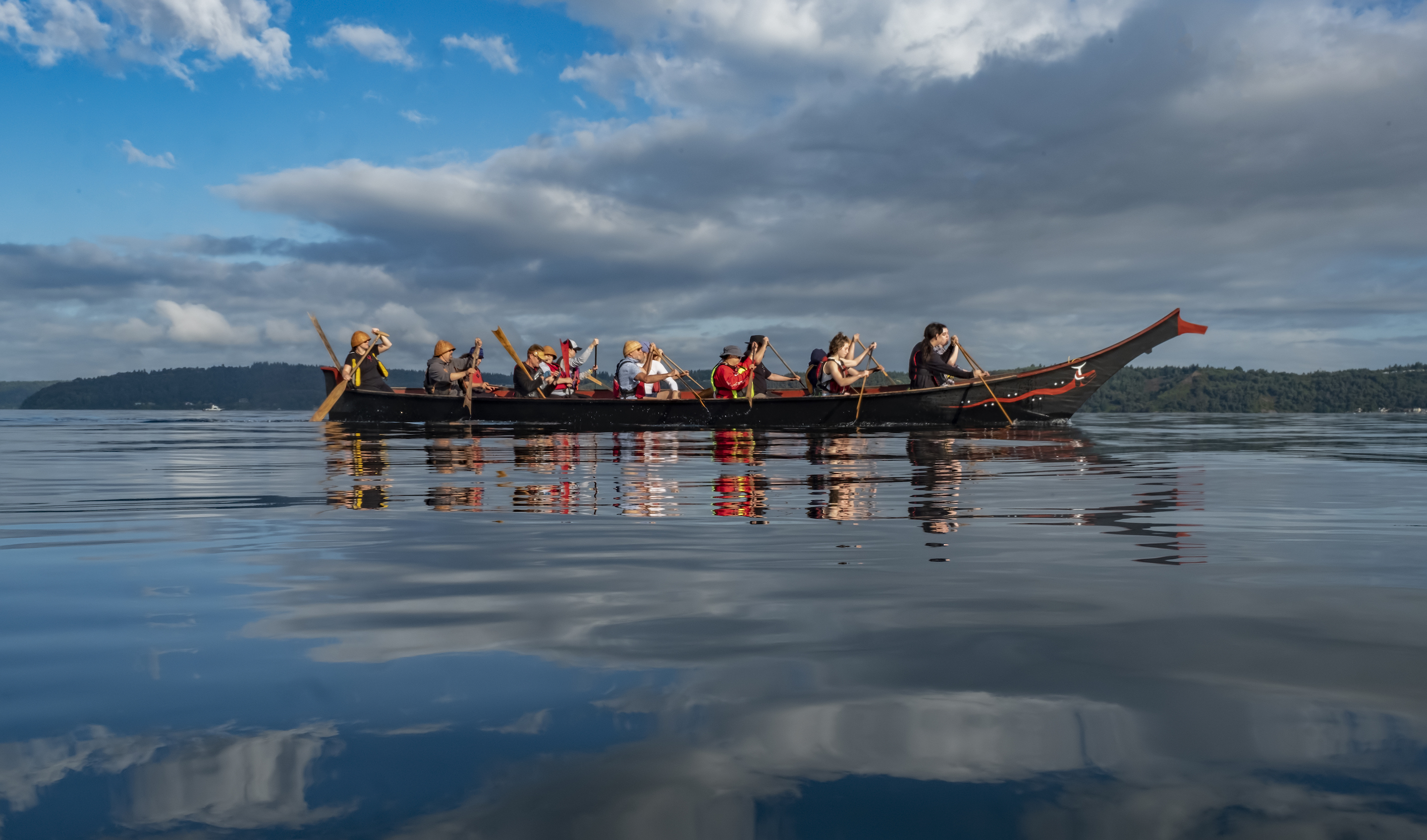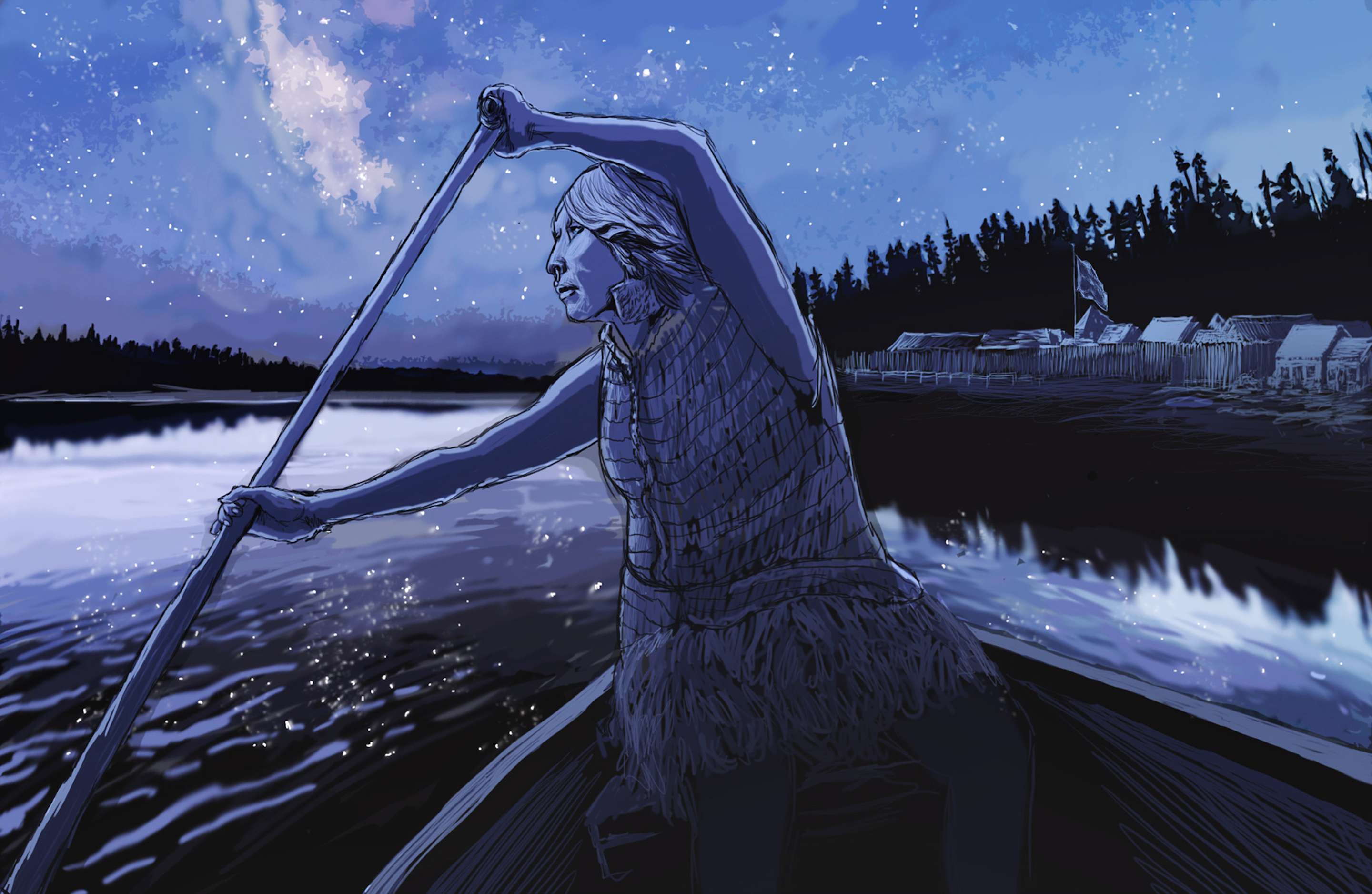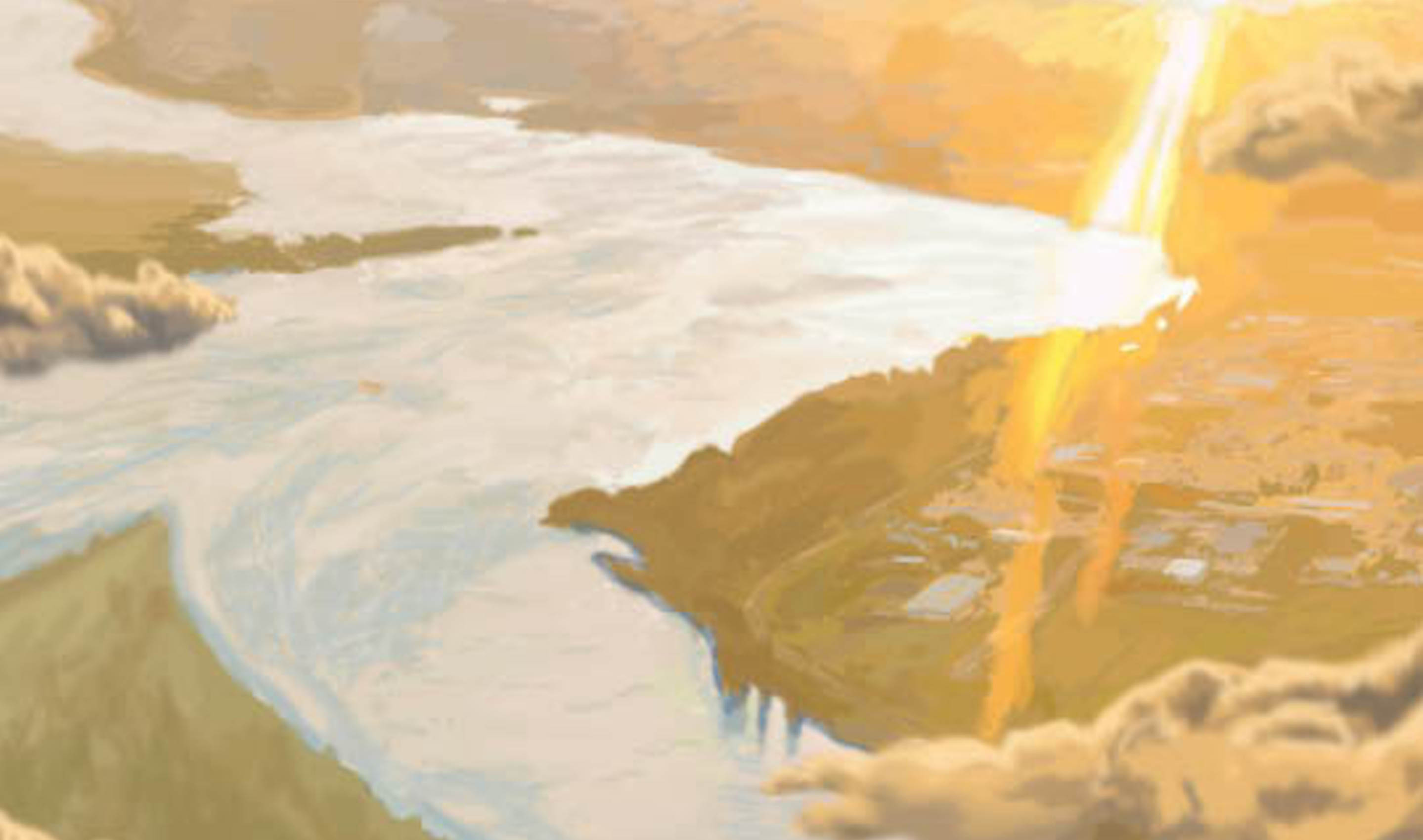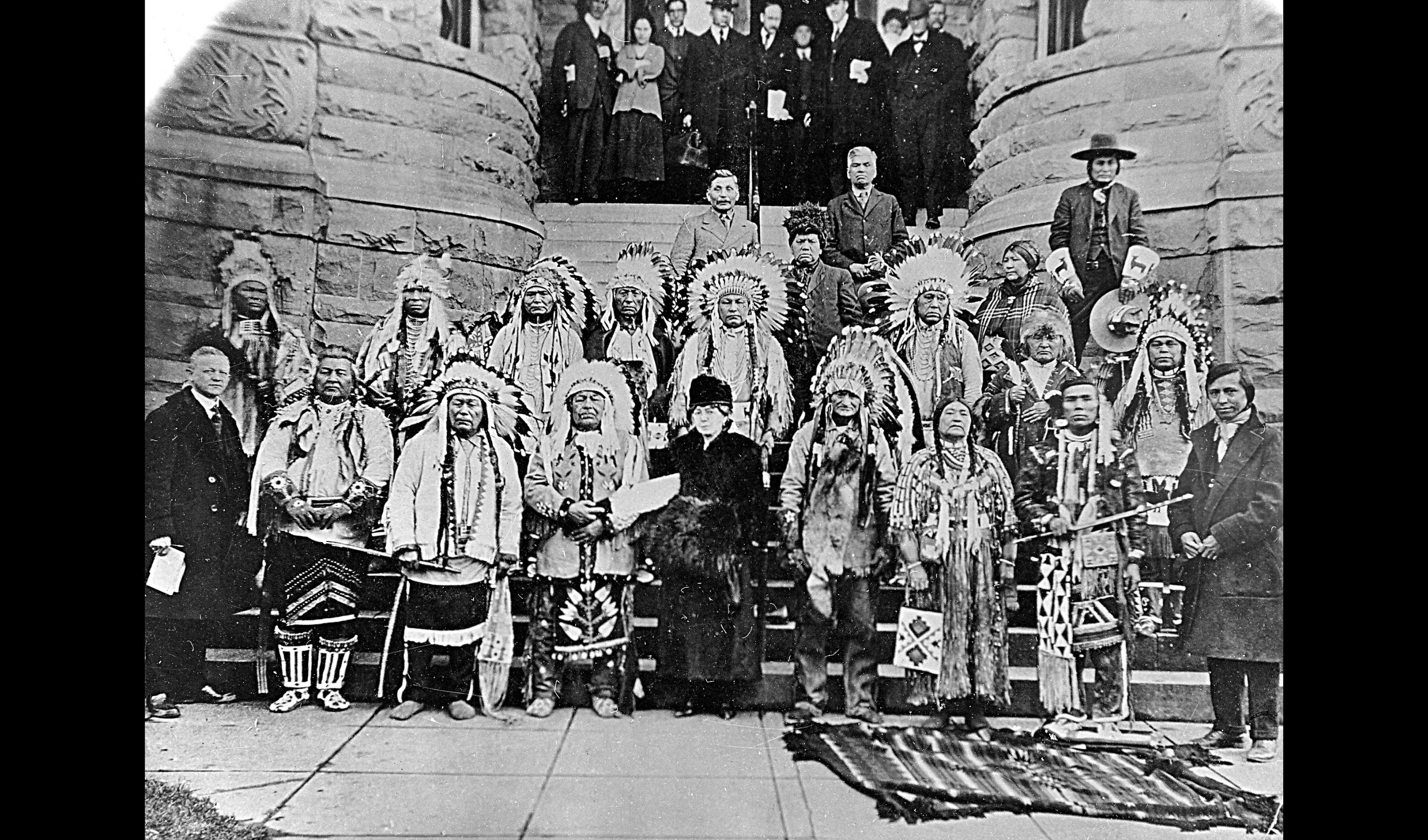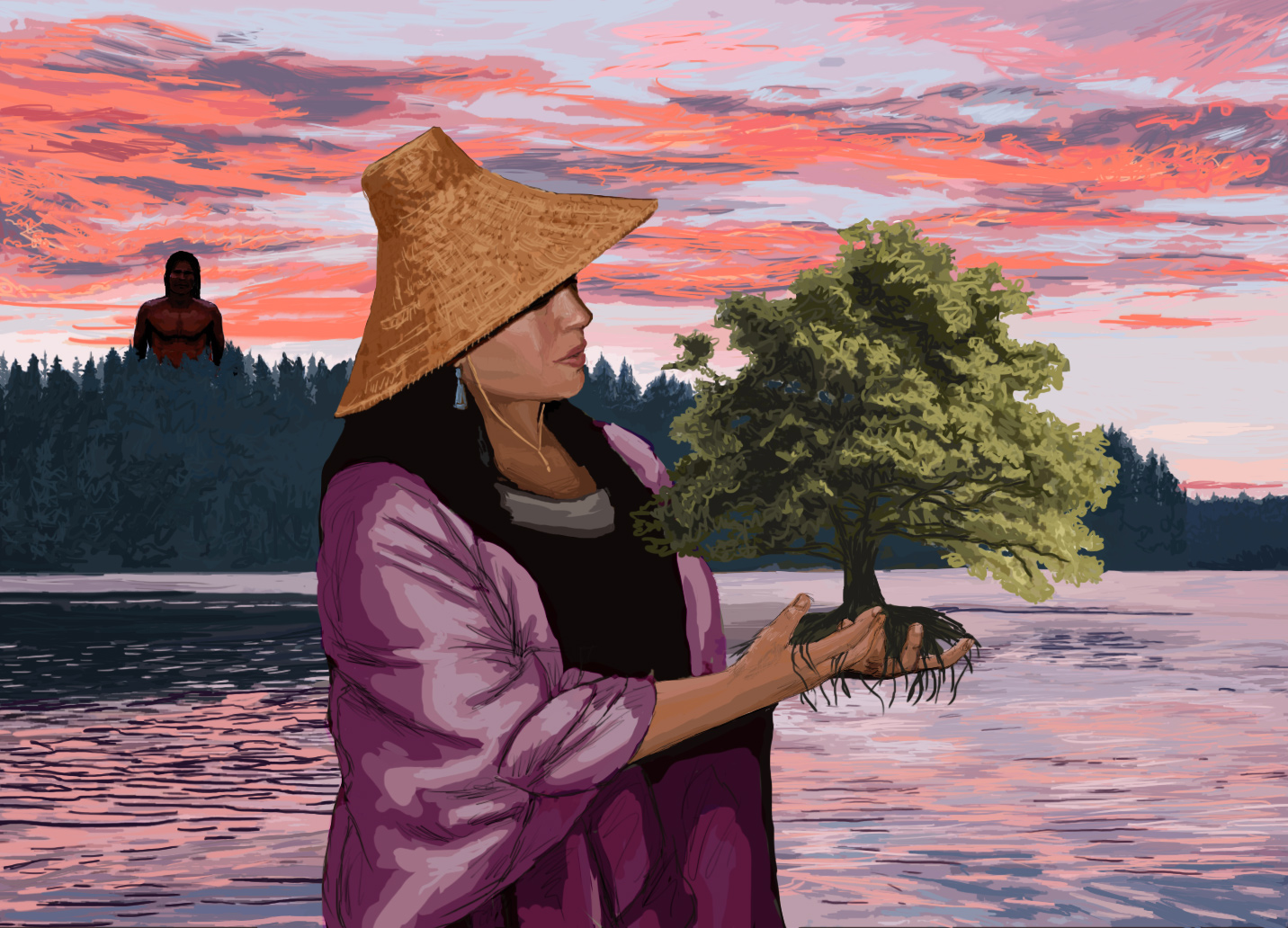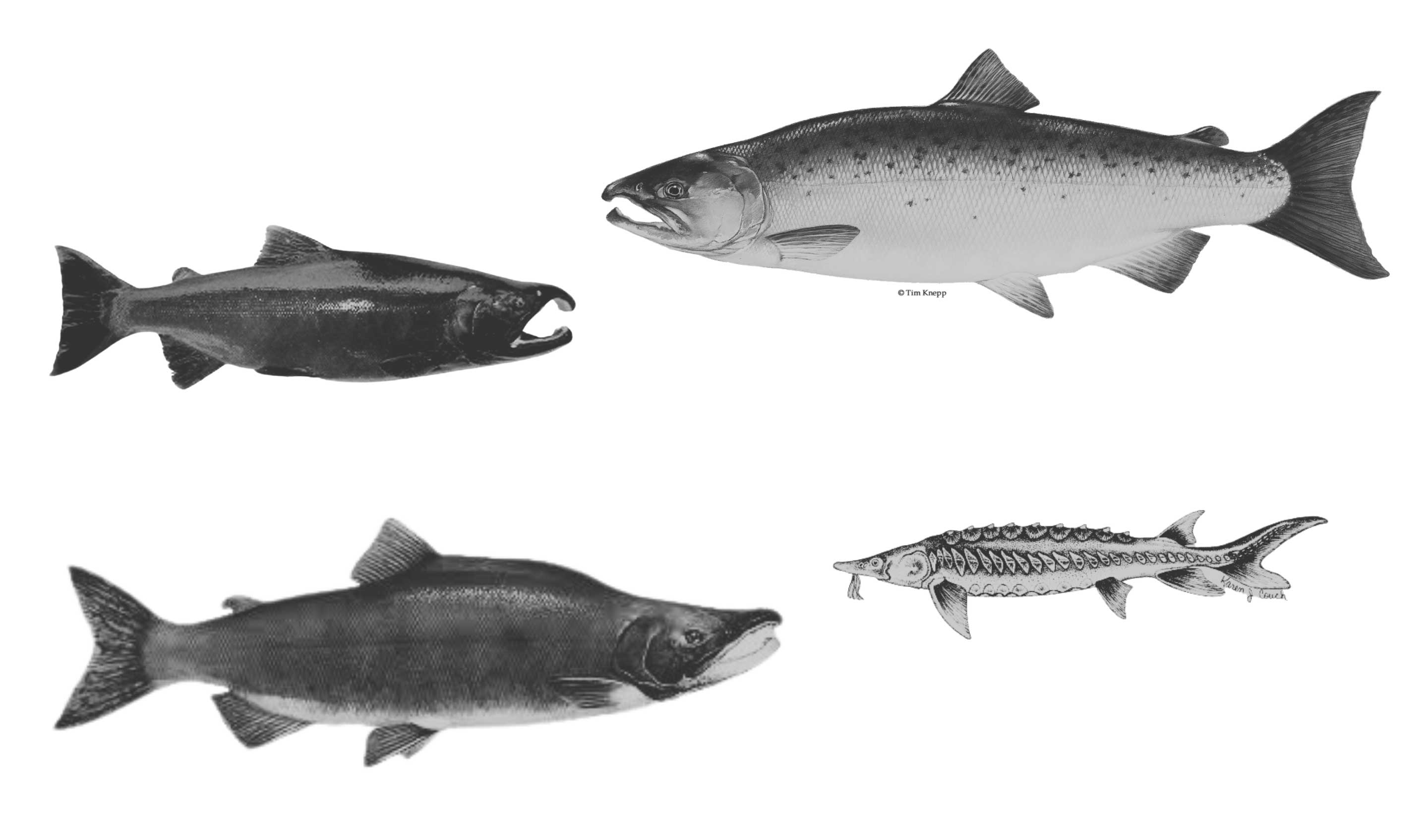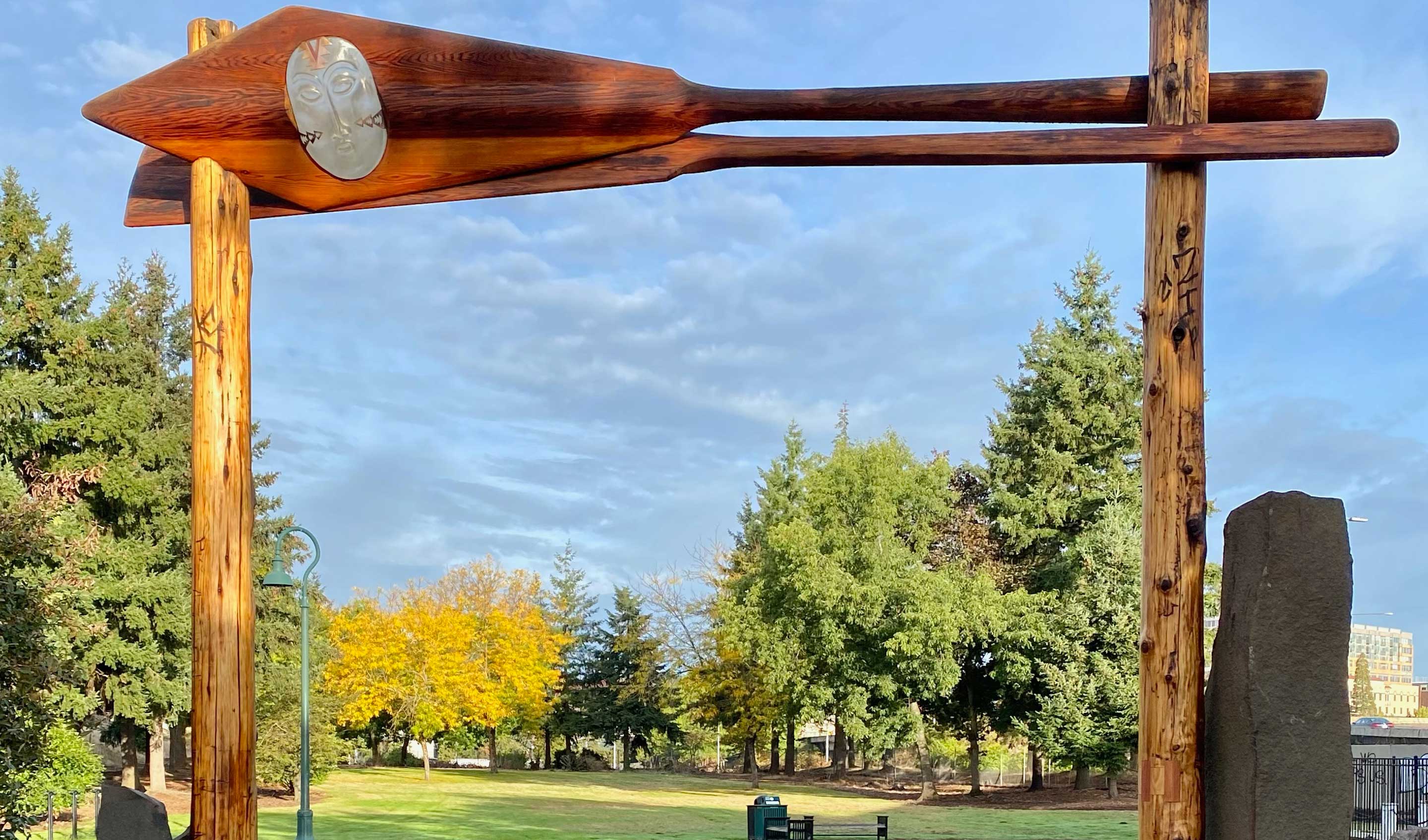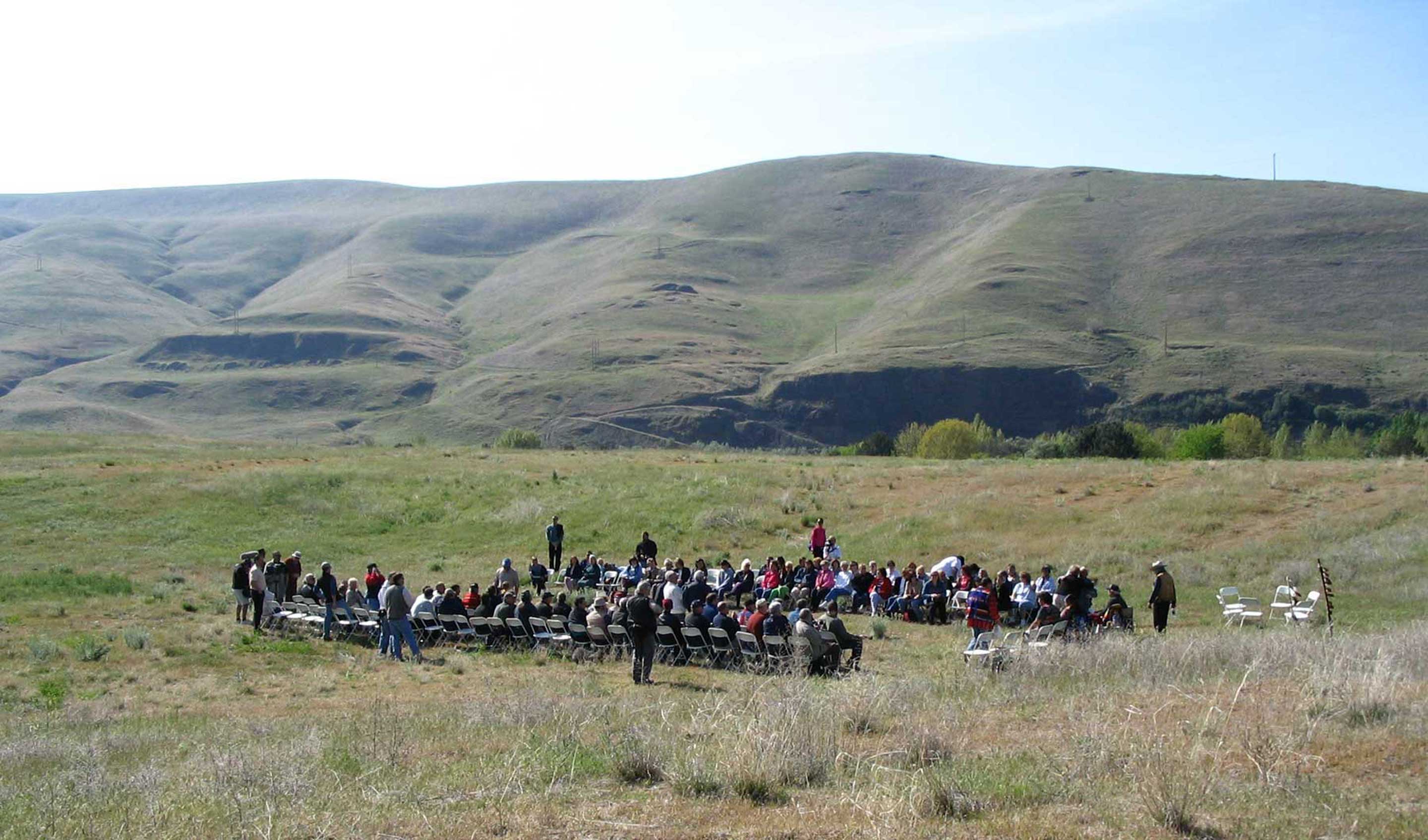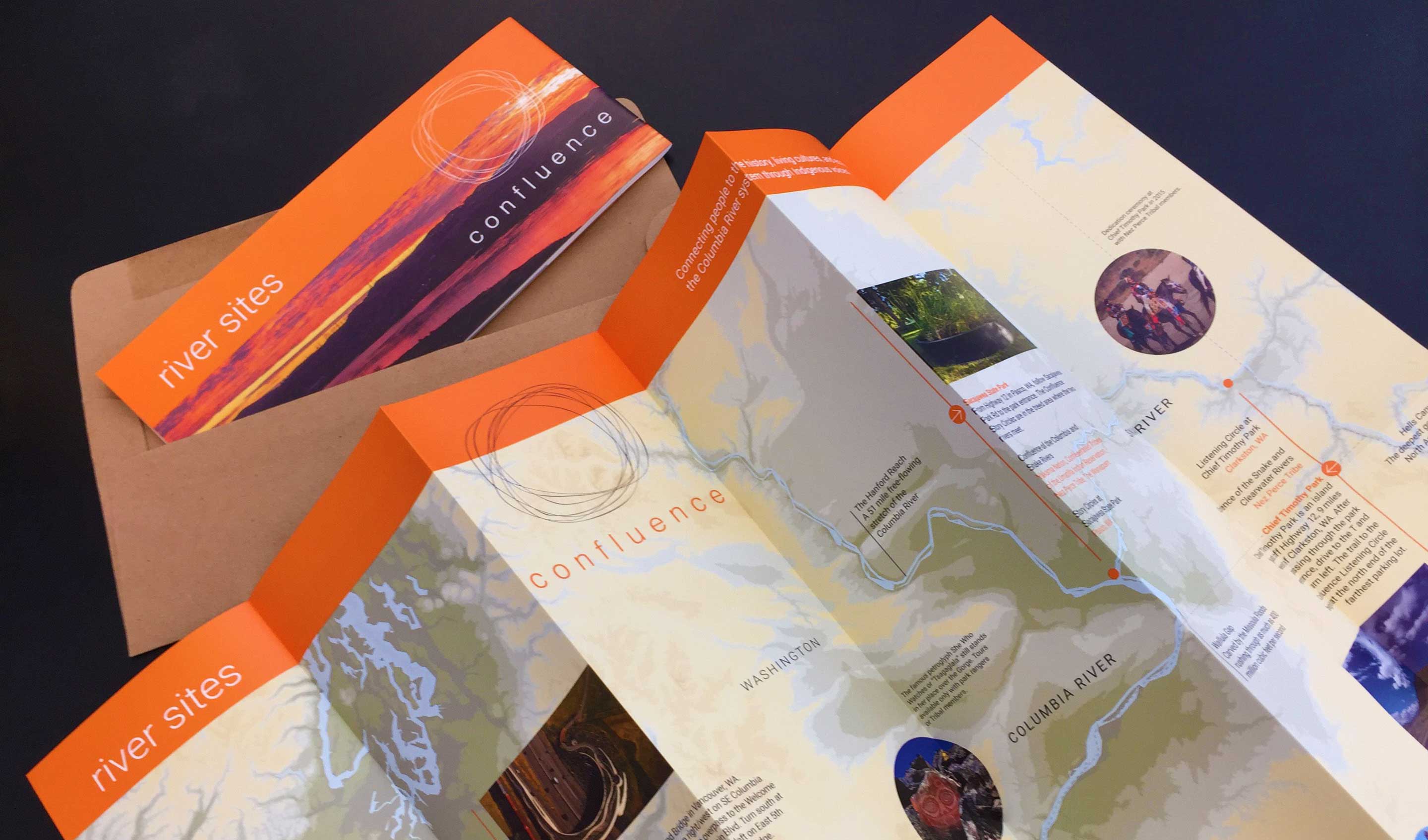Confluence Library
Indigenous knowledge production happens in various locations and through many methods. Indigenous scholars around the world are prioritizing the teachings of our ancestors and decentering Western frameworks. We are Rachel Cushman, an enrolled citizen of the Chinook Indian Nation, and Dr. Chance White Eyes, an enrolled citizen of the Oneida Nation of Wisconsin. We both work within the academy, actively disrupting Western frameworks and colonial structures.
Carlee Wilson tells the story of her ancestor, Ilchee, in this creative piece.
Welcome to the inaugural issue of Confluence’s Voices of the River journal! As Digital Content Manager at Confluence, I have had the honor of acting as the managing editor for this publication.
This article reflects upon the vision of Yakama Elders in illuminating a policy pathway while ensuring future generations’ fishing rights at one of their usual and accustomed places.
“At Celilo Falls, the energy of the water was really powerful. I could just feel the mist spray your face, even if you stood far away. The falls had a roar that was so loud you could hear it from miles and miles away. Even in the next town over, The Dalles, you could hear it. It was an echo that you could feel in your heart.” Read this piece by Linda Meanus, about her memories of Celilo Falls.
History did not record her wedding, how she celebrated the birth of her daughter, or what emotions gripped her when she was told her husband went to live in the sea. There’s been no acknowledgment of her own death, not even a date.
For Native people of the Columbia River system, knowledge about salmon has been passed down through the generations, since time immemorial. Fish are intertwined with River Peoples’ past, present, and future. This article highlights several important subjects and resources, along with how seven fish of the Nch’i Wāna (Columbia River) are intertwined with tribal identity.
Today Confluence honors Indigenous Peoples’ Day. This day, and everyday, is a time to celebrate Indigenous histories and cultures and remember whose land we’re on. This work continues beyond today, and so between now and Thanksgiving, we will be sharing highlights from Oregon’s Tribal History/Shared History curriculum.
This year the Vanport Mosaic asks us to consider the WE in “WE THE PEOPLE,” and how we can Remember, Repair, Reclaim, and Re-imagine our collective stories. Confluence is partnering with the Vanport Mosaic to address this question, through a Story Collection that offers Indigenous perspectives on monuments, memorials, healing, and how to tell a more inclusive version of history to the public, through video interviews, short films, podcasts, articles, and more.
Our new map brochure is years in the making to help travelers find culturally significant sites along the Columbia River system. It includes QR codes to connect your phone’s camera with our Digital Library, so that you can hear stories and insights directly from Tribal elders and leaders.

